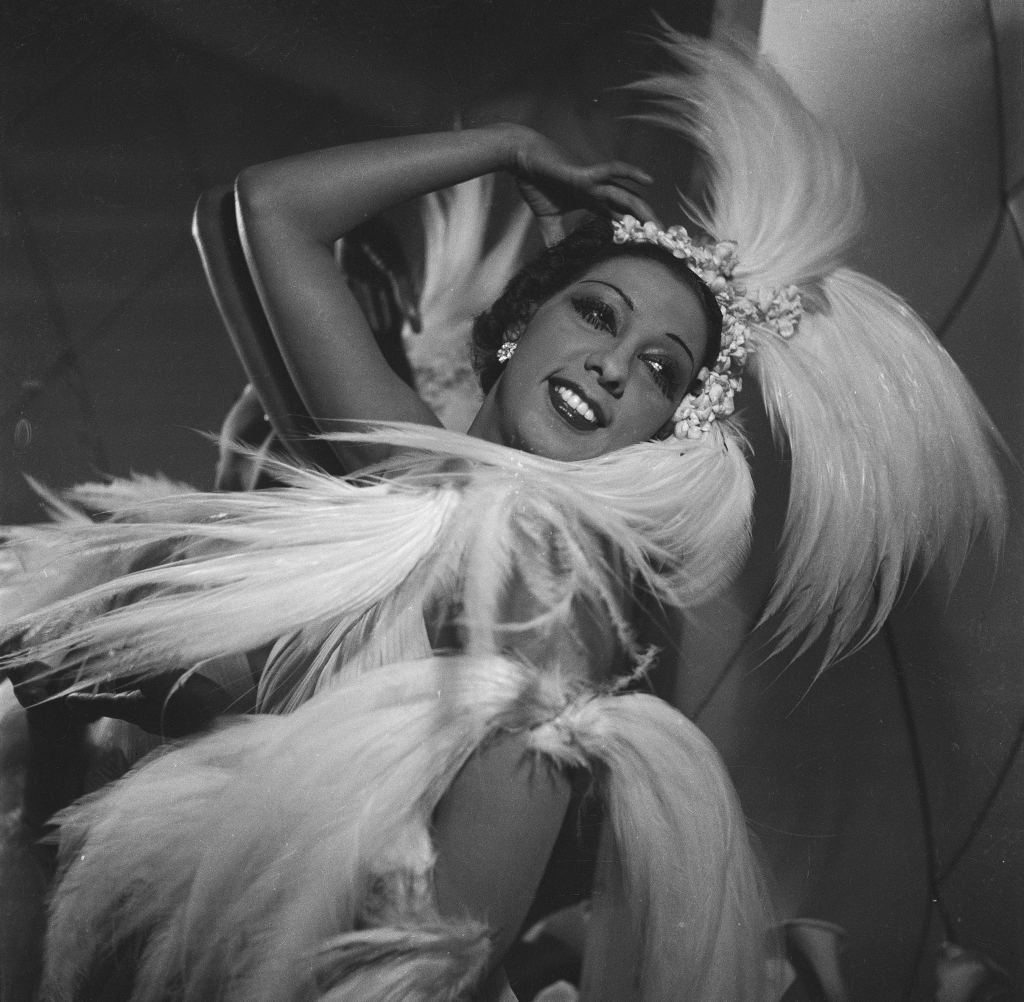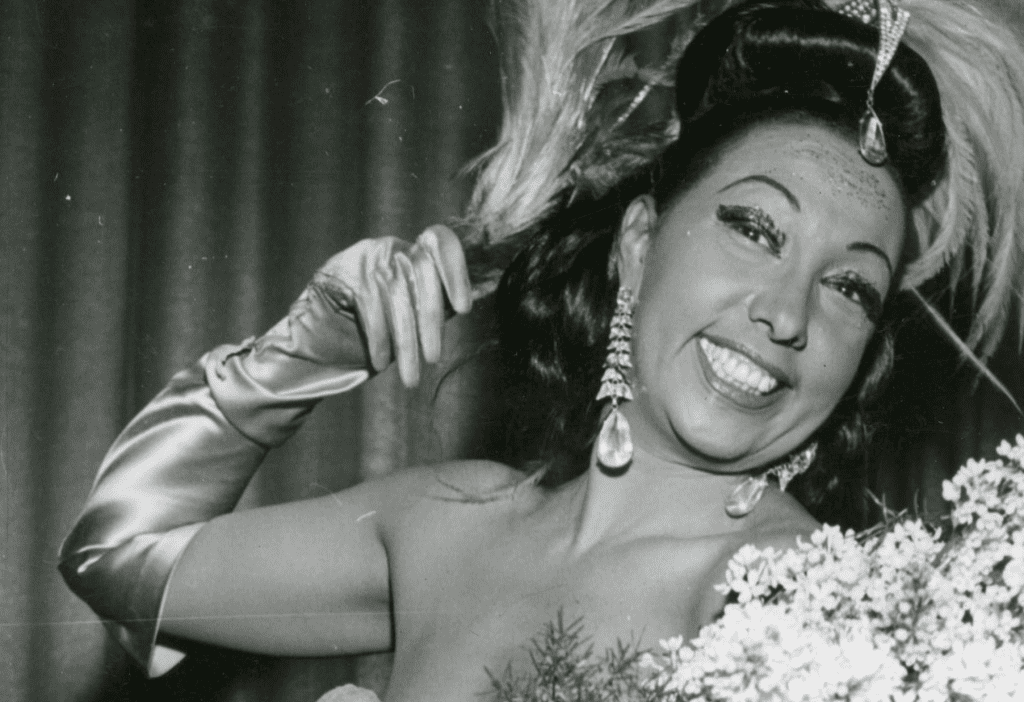Josephine Baker was a sensation an international icon who took Paris by storm in the 1920s with her electric performances, daring costumes, and undeniable charisma. Born in St. Louis, Missouri, in 1906, she found global fame as a dancer, singer, and actress. Her charm lit up stages from New York to the Moulin Rouge, and her bold style made her a fashion and cultural icon.
But while the world clapped and cheered for the woman in the feathers and pearls, few knew that behind the spotlight, she was risking her life to fight tyranny. Beneath the glitz and glamour, Josephine Baker lived a second life a covert mission that would earn her France’s highest honors.

More Than an Entertainer
When World War II broke out, Baker was already a beloved figure in France. But she wasn’t content with merely entertaining troops or boosting morale. Instead, she joined the French Resistance, leveraging her fame and international connections to gather and transmit intelligence. She wasn’t just a symbol of hope she became a silent weapon against fascism.

Using her celebrity status, Baker was able to travel across Europe relatively freely. Few would suspect a world-famous performer of espionage. That was her greatest advantage. She attended diplomatic parties, mingled with powerful figures, and quietly took note of conversations, troop movements, and strategic details.
Her sheet music sometimes contained hidden notes written in invisible ink. Her luggage doubled as a courier system for smuggling secret messages. At times, she even pinned classified information inside her underwear to avoid detection. Every glamorous photo or lavish performance became a disguise for a dangerous and deeply patriotic mission.
Video:
Josephine Baker in “Zouzou” (1934)
Risking Everything for the Resistance
Josephine Baker wasn’t trained as a spy. She wasn’t backed by an army or protected by special agents. What she had was courage, creativity, and a deep love for her adopted homeland. Her involvement with the Resistance placed her in constant danger. If discovered, she faced imprisonment, torture, or worse.
Despite the risks, Baker traveled across North Africa and Europe, collecting information for General Charles de Gaulle and the Free French forces. She used her performances as a cover, often insisting on elaborate tours so she could visit key locations and pass intelligence to Allied contacts.
She was hospitalized at one point due to illness but refused to stop her efforts. Her commitment was total. In her own words, “France made me who I am. I will give her my life if she wants it.”

Honored as a War Hero
After the war, Josephine Baker’s contributions were publicly recognized by the French government. She was awarded the Croix de Guerre and the Rosette de la Résistance for her bravery and service. Later, she was also named a Chevalier of the Légion d’Honneur France’s highest decoration.
Despite her military honors, she rarely spoke about her wartime service. Baker believed that true heroism didn’t require applause. Her goal was freedom, not fame.
Video:
Josephine Baker at the London Palladium 1974
A Legacy Beyond the Stage
Josephine Baker continued to break barriers long after the war. In the 1950s and 60s, she became an outspoken civil rights activist, refusing to perform for segregated audiences in the U.S. and marching alongside Martin Luther King Jr. Her home in France, the Château des Milandes, became a shelter for children of all races and backgrounds, whom she lovingly called her “Rainbow Tribe.”
In 2021, she received one final honor: she was inducted into the Panthéon in Paris, joining a select group of national heroes. She became the first Black woman to receive this recognition, symbolizing her lasting impact not just on France, but on the world.

Remembering the Woman Behind the Legend
Josephine Baker’s story is more than a tale of glitz and glamour. It’s the story of a woman who defied expectations, challenged oppression, and fought for justice from the spotlight to the shadows. She used her voice not just to sing, but to speak truth to power and sometimes to whisper secrets that helped change the course of history.
Her legacy lives on as both a dazzling performer and a fearless patriot a true example of how courage and charisma can walk hand in hand.



